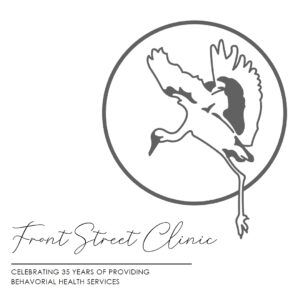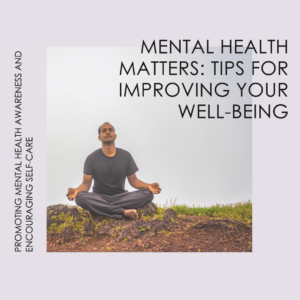
If you or someone you know has been diagnosed with bipolar disorder there are important lifestyle management skills worth
considering to assist with symptom management. Individuals with bipolar disorder are strongly impacted by disturbances in sleep. More specifically, disturbance in circadian rhythm can be a contributing factor that leads to manic or depressive episodes. Simply put a circadian rhythm is an “internal clock” that readily impacts numerous biological processes and is regulated by exposure to light and darkness. It is essential for those with bipolar disorder to keep their circadian rhythm “on track.”
Waking up at the same day each day is highly recommended. Exposure to light soon after awakening is also helpful. This can entail utilizing an appropriate dawn simulator or going outside soon after rising in the morning. Exposure to the light source for 10 to 15 minutes is recommended. Of note this technique is effective even if it is cloudy outside. Several other considerations are worth mentioning in regards to factors that can impact the circadian rhythm. If possible it is best to avoid shift work. If planning to shift time zones either for travel or to re-locate there can be a greater risk of precipitating a manic episode. It is often helpful to speak with a prescriber prior to embarking on such trips to minimize the potential impact of travel.
Appropriate sleep hygiene is also paramount. Given that a variety of illicit substances and alcohol can interfere with quality of sleep as well as mood it is often a wise choice for those with bipolar disorder to avoid these substances prior to sleep even though sleep problems are only one of many potential problems with alcohol consumption for those diagnosed with bipolar disorder.
Finally the importance of regular exercise can not be overstated! Even 10 minutes of brisk walking or jogging can lead to increased energy and a decrease in negative thinking. These antidepressant effects help many achieve considerable relief and further stabilize mood. Furthermore, numerous people with bipolar disorder also experience co-morbid anxiety so avoiding consuming more than 250 milligrams of caffeine per day which can lead to anxiety symptoms can also be beneficial. If you have more questions regarding lifestyle management skills please speak with your licensed mental health professional.
This article was written by Vance K. Pryor, PsyD, Front Street Clinic.



